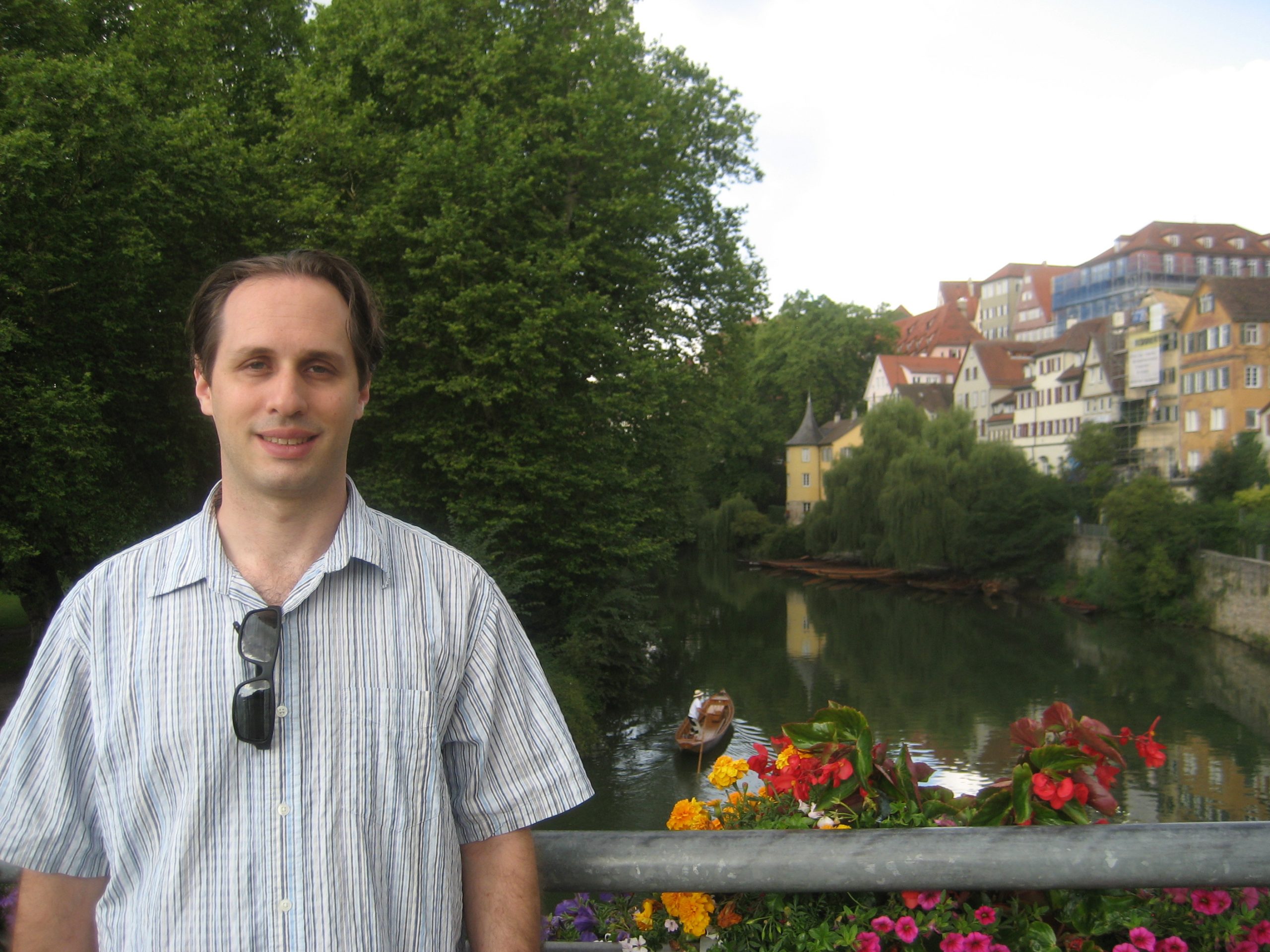Speaker: Benjamin Steinberg (City University of New York)
Date/time: 06/06/2022 (Monday), at 14:00 (UTC+1)
Zoom info:
https://videoconf-colibri.
Meeting ID: 834 7144 0199
Title: Factoring the Dedekind-Frobenius determinant
Abstract:
In 1875, Smith computed the determinant of the n x n matrix whose (i,j)-entry is gcd(i,j). This matrix is nothing other than the multiplication table of the semigroup {1,…,n} under the binary operation of gcd. Dedekind introduced in 1896, in correspondence with Frobenius, the group determinant of a finite group, which is the formal determinant of the multiplication table of the group. His motivation came from trying to compute the discriminant of a finite Galois extension of Q. Frobenius famously invented the representation theory of finite groups precisely to factor Dedekind’s group determinant. Studying a generalization of the group determinant also led Frobenius to characterizing the algebras nowadays called Frobenius algebras.
Of course, there is no reason to only compute the determinant of a group multiplication table. People have looked at both semigroups and Latin squares. Generalizing the work of Smith mentioned earlier, Lindstrom and Wilf independently published papers in 1967 computing the semigroup determinant of a meet semilattice. For Wilf, the primary motivation was to compute determinants of various matrices arising from combinatorial objects and his paper, entitled Hadamard determinants, Mobius functions, and the chromatic number of a graph, was published in the Bulletin of the AMS.
In 1998, Jay Wood, who works in Coding theory, factored the determinant of the multiplicative semigroup of a finite commutative chain ring; these are rings whose ideals form a chain like Z/p^nZ with p a prime. His motivation was to prove a generalization of the MacWilliams extension theorem for codes over a finite field to codes over a finite ring. This theorem says that a partial isometry between codes can be extended to a global isometry with respect to the Hamming metric. Eventually, it was shown using methods unrelated to semigroup determinants that the MacWilliams extension theorem holds precisely for finite Frobenius rings.
In this talk, I’ll survey some results I’ve obtained in a more systematic attempt to factor the semigroup determinant. The semigroup determinant is a special case of Frobenius’s paratrophic determinant of an algebra and so the semigroup determinant is nonzero if and only if the semigroup algebra is Frobenius.
Our main results are a factorization of the determinant of an inverse semigroup (generalizing simultaneously Frobenius and the Lindstrom-Wilf theorem) and a factorization of the semigroup determinant of a commutative semigroup. Our final result says that the semigroup algebra of a finite Frobenius ring is a Frobenius algebra. This implies as a special case the celebrated result of Okninski and Putcha that every complex representation of the multiplicative semigroup of n x n matrices over a finite field is completely reducible. It also suggests that the MacWilliams extension theorem for finite Frobenius rings should be provable using the semigroup determinant method.

